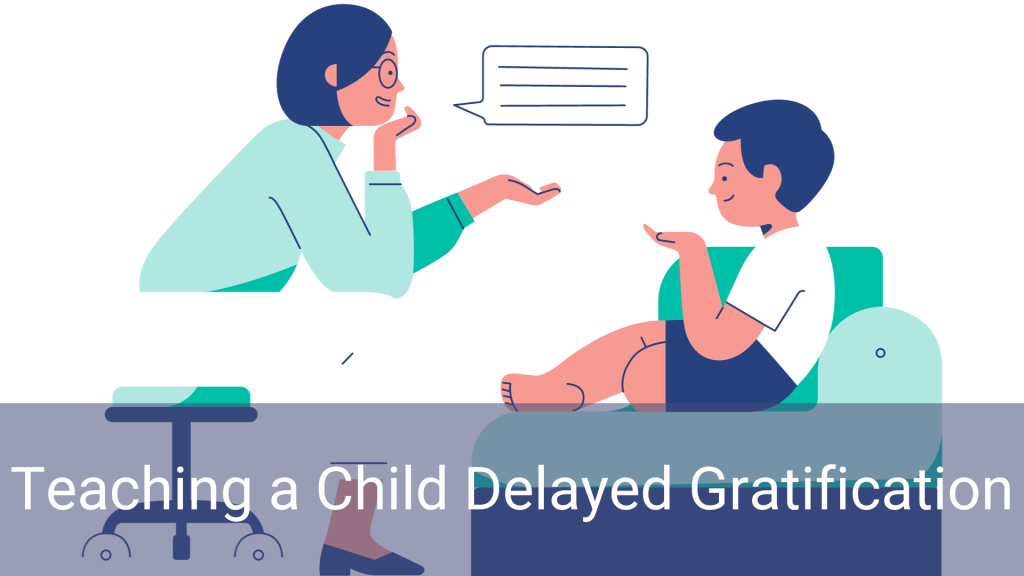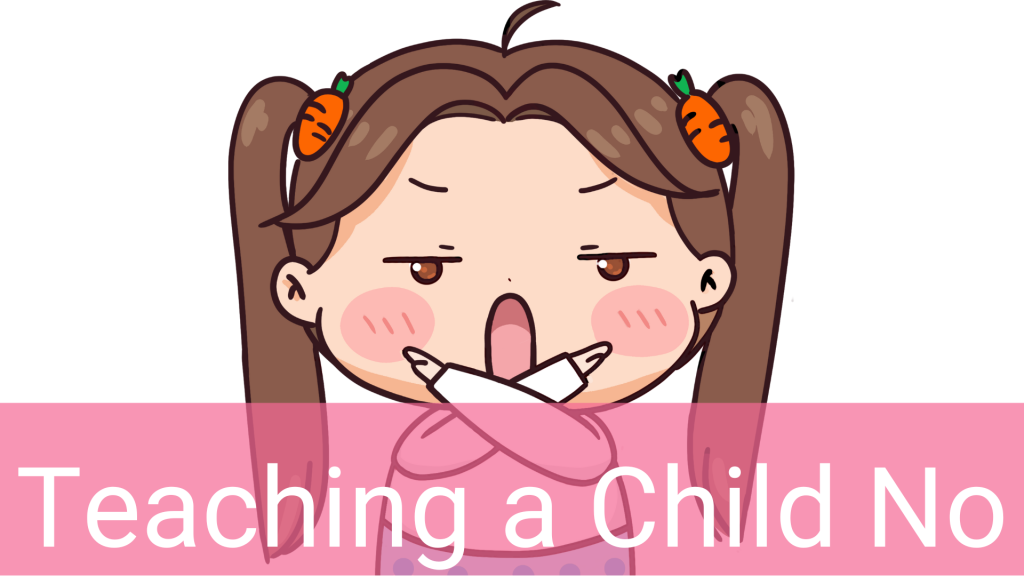Can You Teach a Child to Be Aggressive in Sports? Balancing Intensity and Sportsmanship
Teaching your child to be competitive in sports while maintaining values of sportsmanship, discipline, and respect is a delicate balance. By emphasizing the importance of healthy competition, setting clear boundaries, and modeling positive behavior, you can guide your child towards becoming a skilled athlete with a strong sense of integrity.











